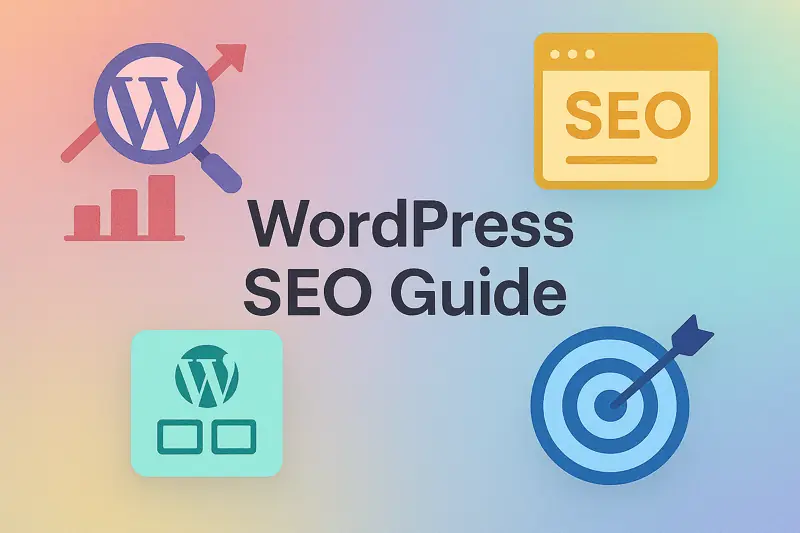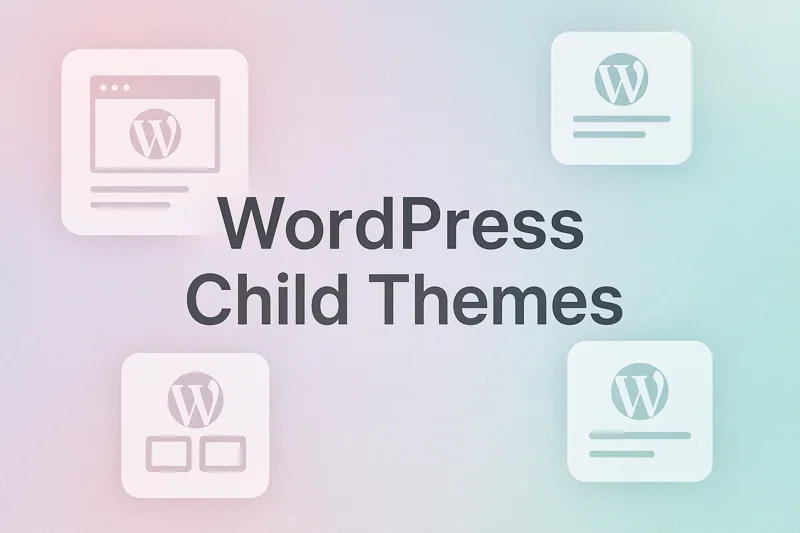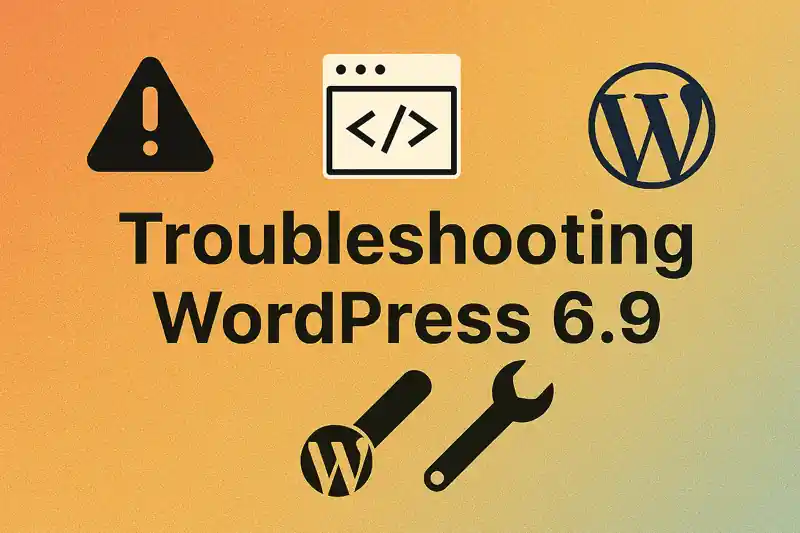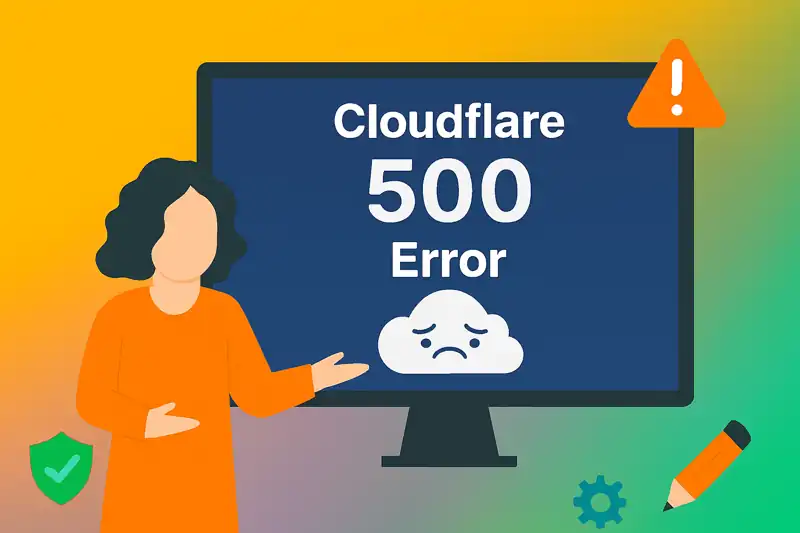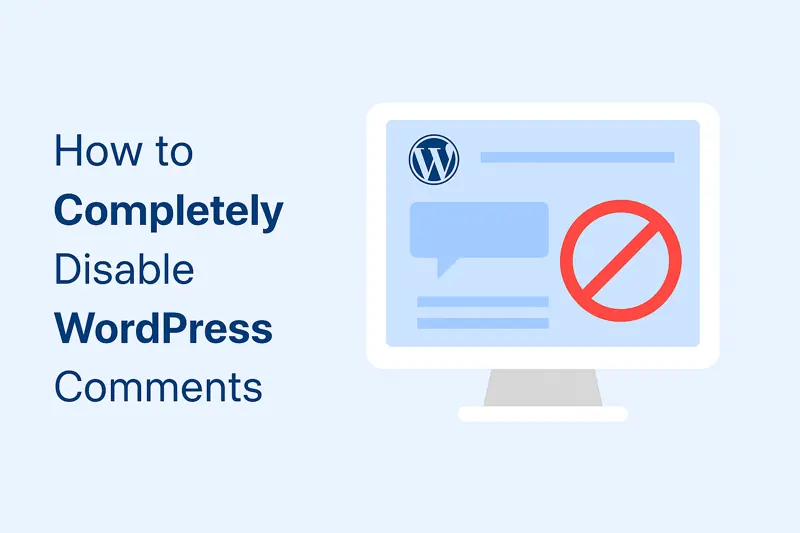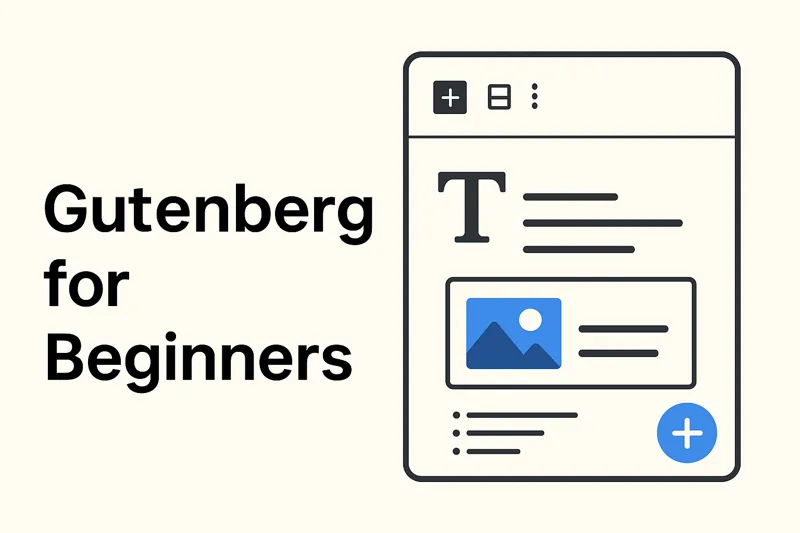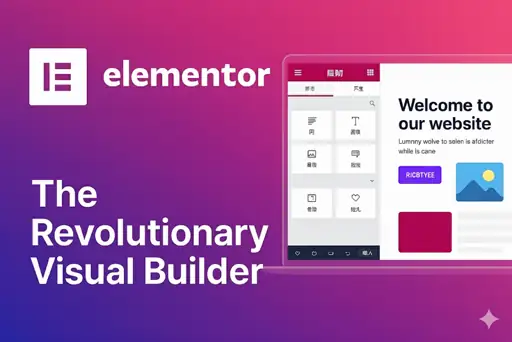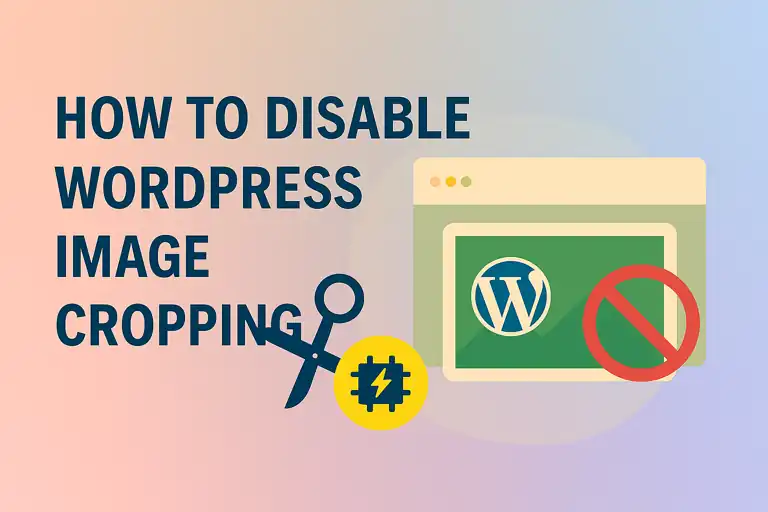Recently, after migrating my site from shared hosting to a VPS, I encountered a recurring warning in the Nginx error logs:
PHP Warning: Undefined array key "path" in /oddbbo.com/wp-includes/canonical.php on line 619
This warning appears repeatedly—especially when users apply product sorting on the homepage (powered by WooCommerce). The front-end behaves normally, but the logs are filled with warnings whenever sorting is used on the homepage, while category pages remain unaffected.
The Root Cause: An Environmental Mismatch
My site runs WordPress, and the homepage is set to display product archives. When the homepage URL includes only query parameters (no path), such as:
https://oddbbo.com/?orderby=popularity
WordPress’s core canonical.php file is responsible for URL normalization. It expects the URL structure to include a path variable. However, when it encounters a URL without a path, as is the case on my homepage, it attempts to access a non-existent path key, which triggers the Undefined array key "path" warning.
This problem never occurred on my shared hosting environment, which likely had a more optimized server configuration to handle these specific URL types. On my new VPS, the default configuration exposed this edge case.
The Failed Attempts
Before finding the final solution, I tried several common methods, all of which failed to resolve the issue:
- Editing
functions.phpor using a MU Plugin: I tried using filters likequery_varsandwp_parse_urlto add thepathvariable before the warning could occur. While my code was confirmed to be running, the error persisted. This suggested that my theme or another plugin was processing the URL in a non-standard way that bypassed these core filters. - Modifying Nginx Configuration: I checked my Nginx configuration files but found that the web server was correctly passing the request to WordPress. The issue was not with the server itself.
Since all non-invasive, best-practice methods failed, it became clear that this was a unique problem that could only be solved by modifying the core code directly.
The Ultimate Fix: Directly Modifying the Core File
Given that standard WordPress hooks were not intercepting the process in time, the only effective solution was to fix the bug at its source.
Warning: This approach is not officially recommended by WordPress, as your changes will be overwritten during future updates. However, in this specific situation, it was the only method that worked.
Step 1: Back up the File
Before making any changes, make a backup of your /wp-includes/canonical.php file.
Step 2: Locate and Modify the Code
Open the canonical.php file in a text editor. Based on my server logs, the error was on or near line 619. I located the problematic line:
$redirect['path'] = preg_replace( '|/' . preg_quote( $wp_rewrite->index, '|' ) . '/?$|', '/', $redirect['path'] );
This line was the culprit because it was attempting to use $redirect['path'] when that key was not defined.
Step 3: Add the Fix
I replaced the original line with the following code:
// If the path is not set (common for a homepage with query parameters), set it to '/'.
if ( ! isset( $redirect['path'] ) ) {
$redirect['path'] = '/';
}
$redirect['path'] = preg_replace( '|/' . preg_quote( $wp_rewrite->index, '|' ) . '/?$|', '/', $redirect['path'] );
This code adds a simple if statement that checks if the path key exists. If it doesn’t, it creates it and assigns it a value of /, which prevents the “Undefined array key” warning.
Step 4: Save and Test
After saving the file, I cleared my server cache and tested the website again. The PHP warnings had disappeared from my logs.
MU Plugin Experience (Why It Didn’t Fully Work)
- MU plugins are excellent for altering filter outputs, but cannot influence internal operations executed before filters run.
- Since
canonical.phpaccesses$redirect['path']before any possible intervention, only modifying the core file resolves the issue reliably.
This experience showed me that while WordPress is robust, edge cases can arise due to specific theme or plugin configurations. When standard solutions fail, a direct core file modification might be the only way to ensure the long-term stability of your website.
Remember, if you use this method, you will need to reapply the fix after every major WordPress update.
